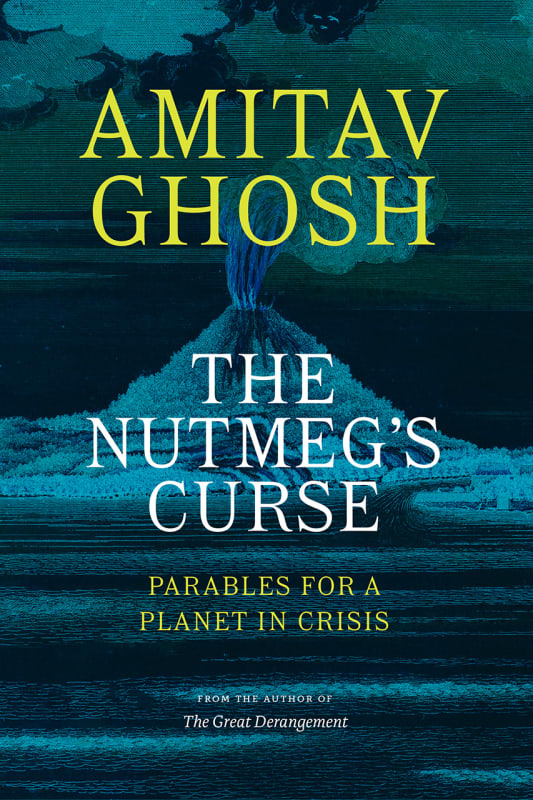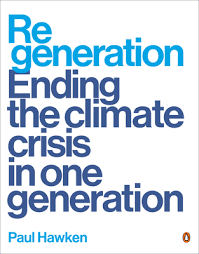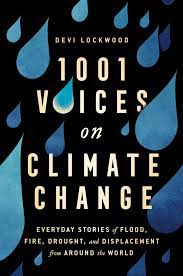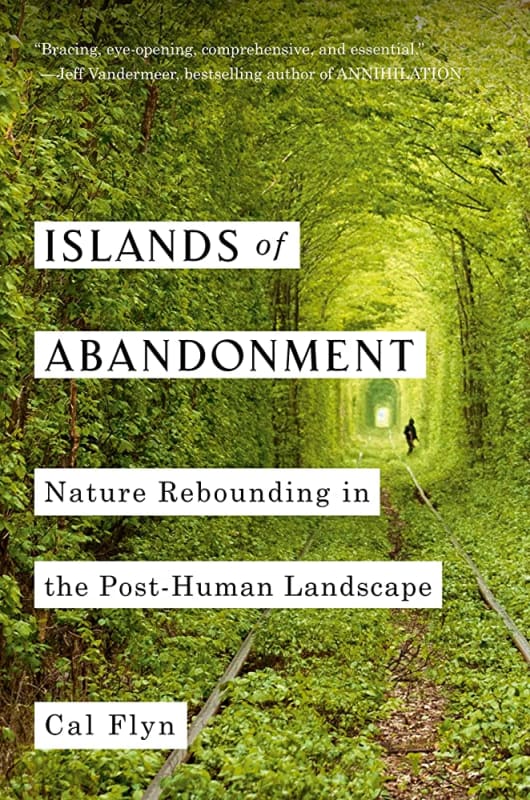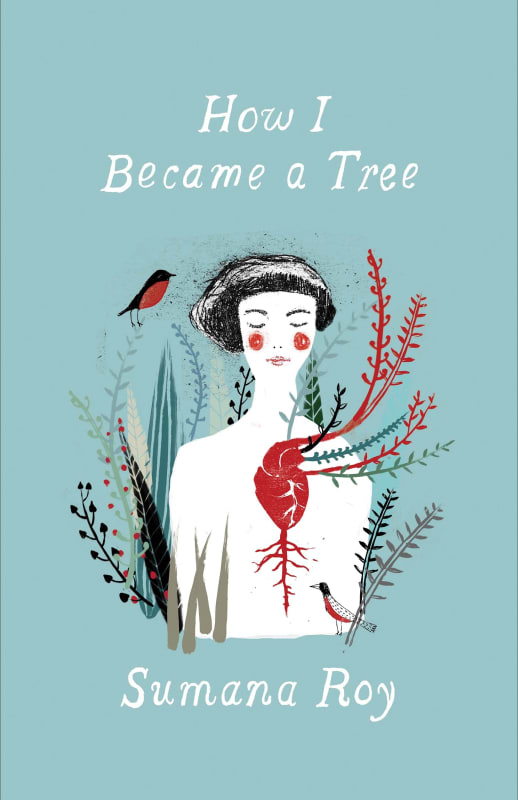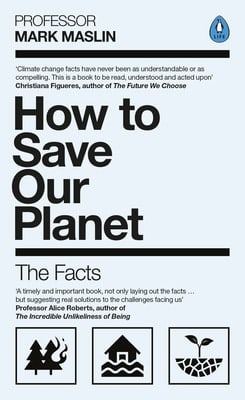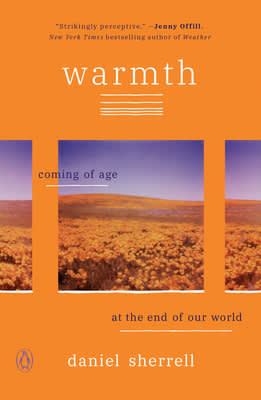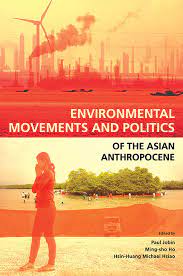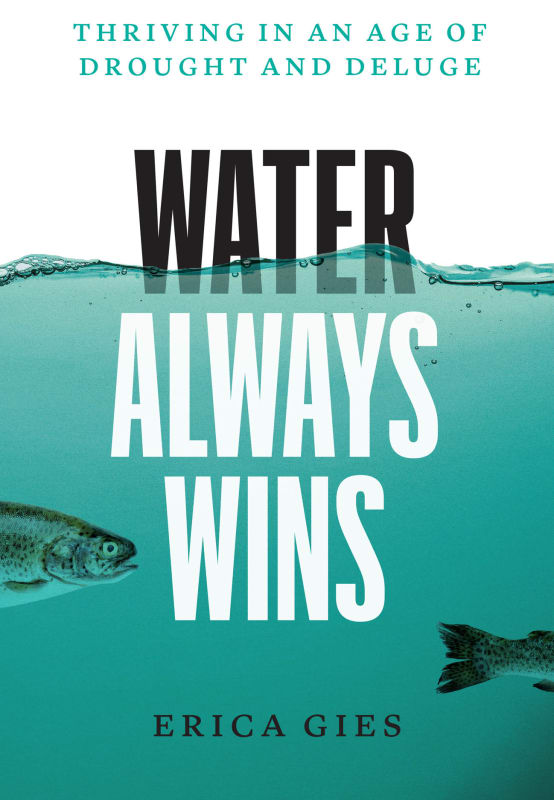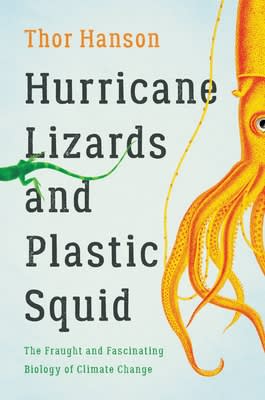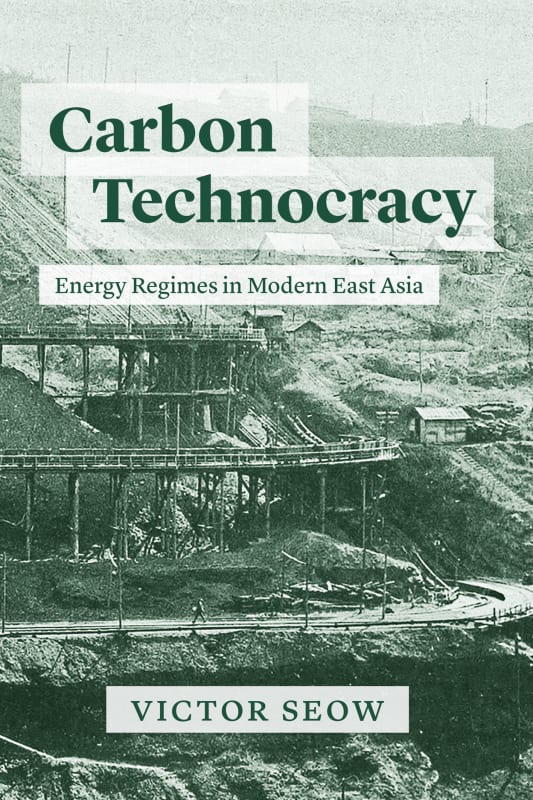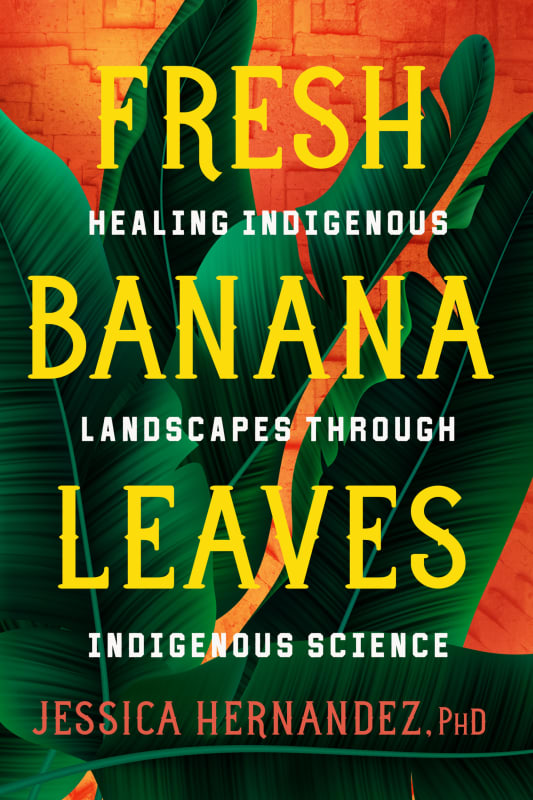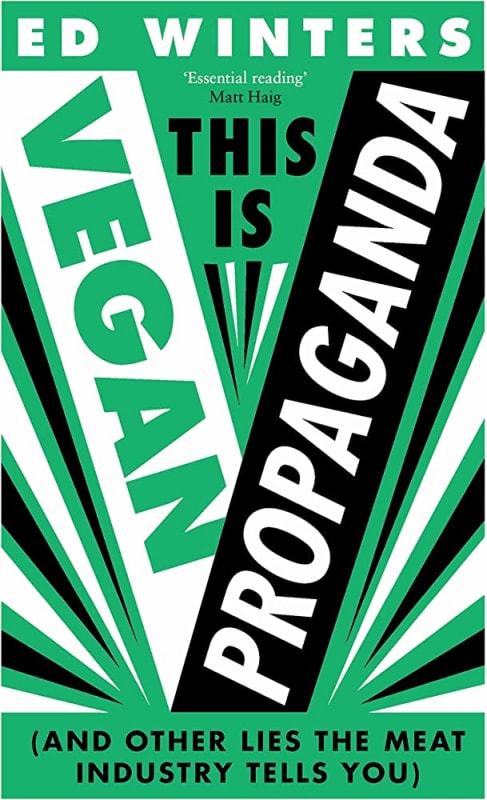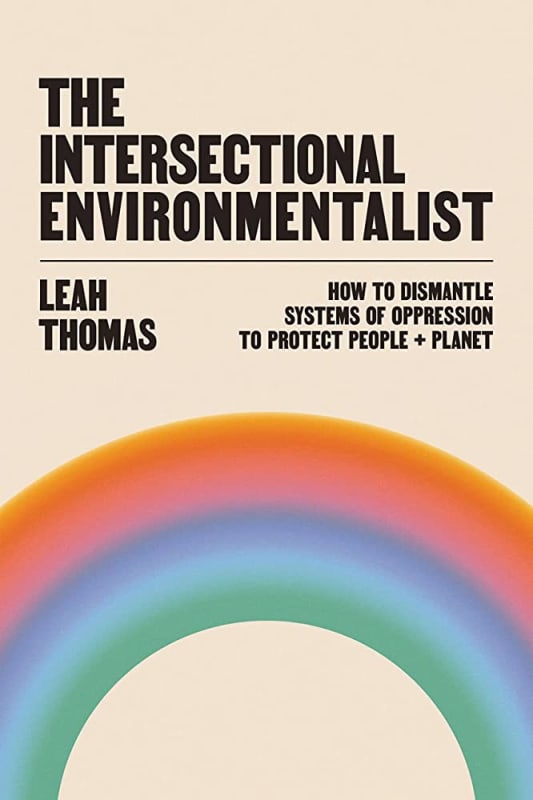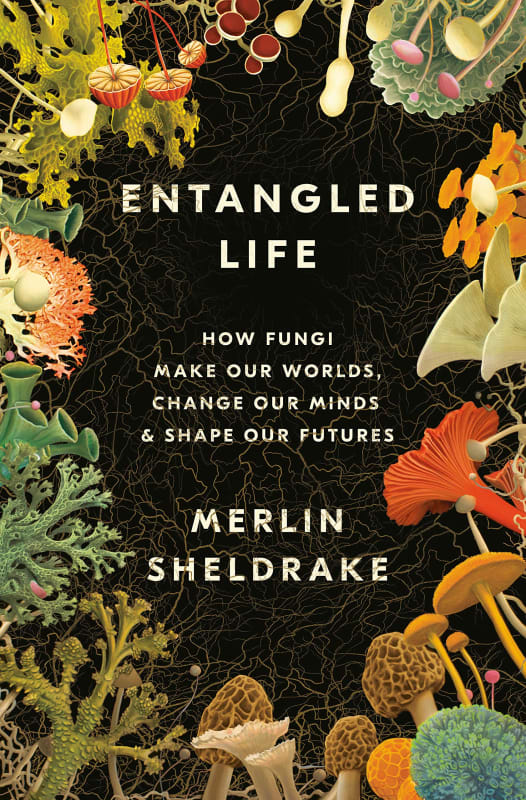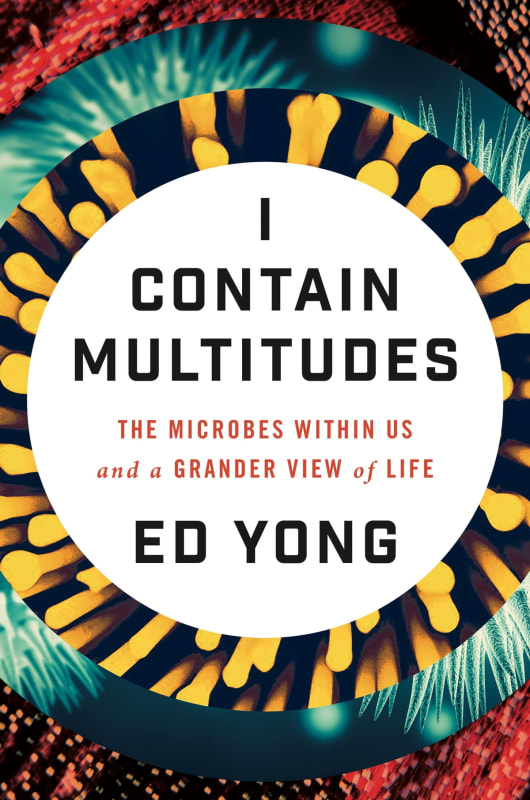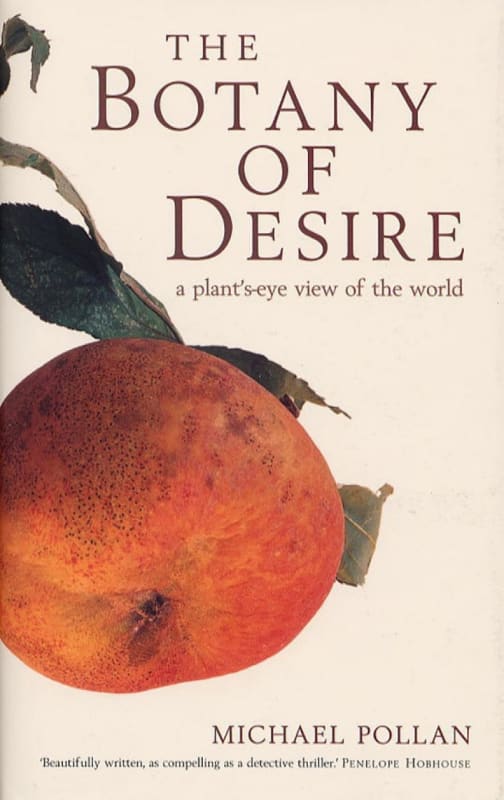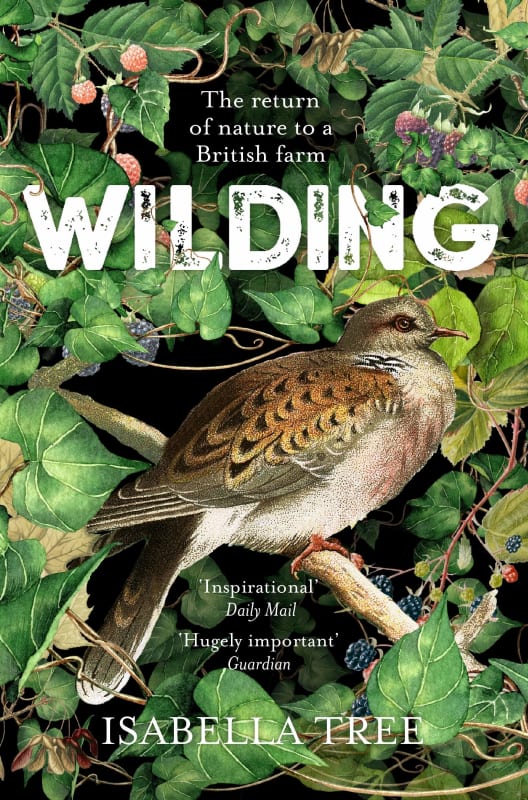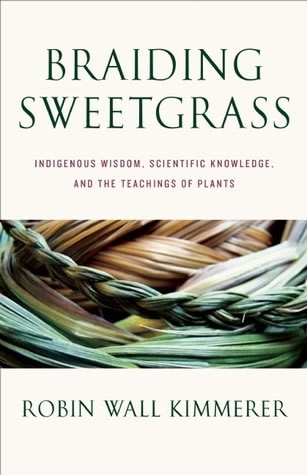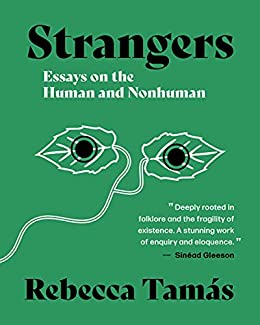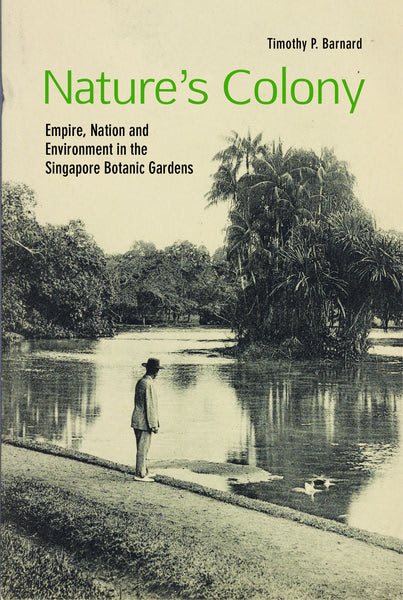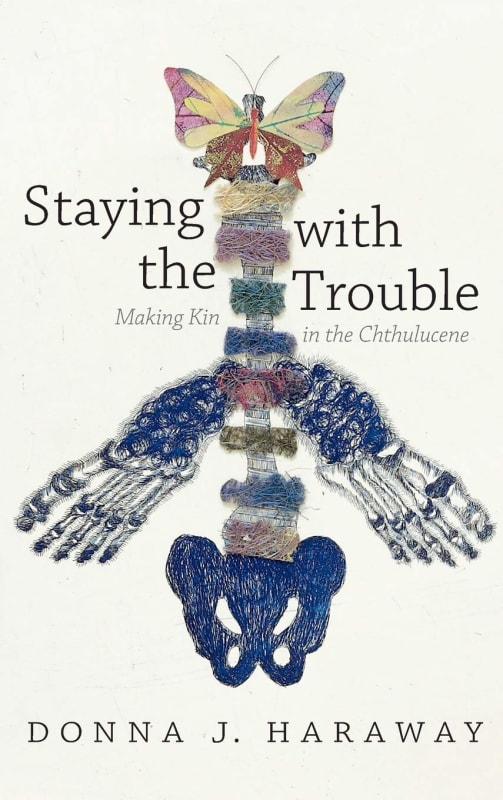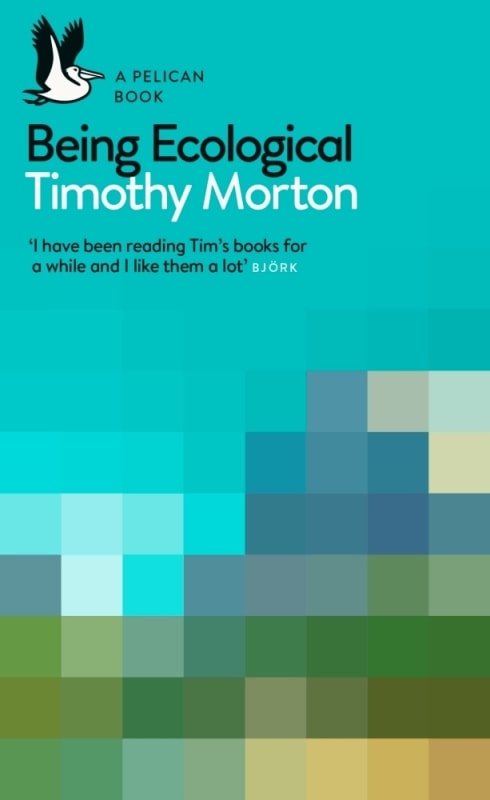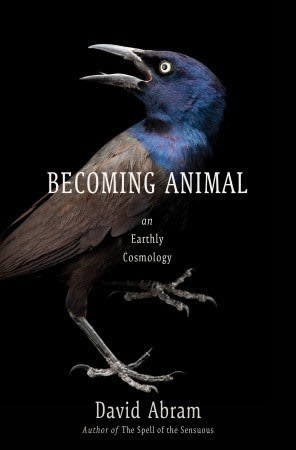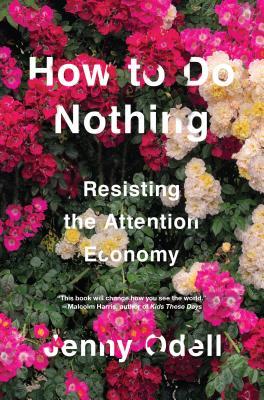The Nutmeg's Curse by Amitav Ghosh is a non-fiction book that explores the history of imperialism and colonialism through the journey of the nutmeg spice. The book uses the nutmeg as a metaphor to understand the reach of past colonial and imperial forces on trade routes and how it has affected the climate crisis and countries unevenly. The book highlights the importance of acknowledging historical factors when discussing the impacts of the climate crisis on different countries, and how solutions need to be conscious of these differences.
Regeneration: Ending the climate crisis in one generation by Paul Hawken is a book that provides practical solutions and policy-centric steps towards mitigating climate change. The book is similar to Hawken's previous book, Drawdown, and can be considered an interchangeable recommendation for those seeking clear instructions on how to address the climate crisis. If you need straightforward guidance, this book may be the right choice for you.
A Thousand and One Voices on Climate Change: Everyday Stories of Flood, Fire, Drought, and Displacement from Around the World, edited by Devi Lockwood, is a book that presents diverse perspectives on the climate crisis. The book highlights the importance of understanding different circumstances and experiences, rather than just hearing from a limited number of perspectives. This emphasizes the need to diversify voices and incorporate different perspectives into solutions for the climate crisis. The book is a reminder of the wide-ranging and complex nature of the issue and is recommended as a way to learn more about the stories and experiences of people around the world.
The book "Islands of Abandonment: Nature Rebounding in the Post-human Landscape" by Cal Flyn showcases forgotten and abandoned landscapes through photography. Despite its random nature, the book emphasizes that nature always rebounds and thrives even in post-disaster zones where humans have left. This highlights the need to question our negative impact on the environment and the importance of being conscious and respectful of our place in nature. As humans, we should strive to be good neighbors to all other beings on this earth. This book serves as a reminder of this fact and encourages readers to recognize that humans are merely a small part of the history of the planet, and that anything we build will ultimately be reclaimed by nature.
Sumana Roy's "How I became a Tree" is a memoir that combines elements of botany, philosophy, and personal reflections on the author's connection with nature. Unlike other environmentalism books that tend to be either overly spiritual or excessively scientific, this book strikes a balance between the two. As someone who's interested in exploring the spirituality of connecting with nature, I'm drawn to this book. Additionally, the charming cover suggests that it will be a heartwarming and uplifting read.
This book recommendation is called "How to Save our Planet: The Facts" by Mark a Maslin. If you're having trouble convincing those around you that climate change is real, this book may be helpful as it presents factual information on the climate crisis in 2021. Although I cannot verify its perspective or wide-ranging scope, it is a practical option for those who are new to the subject and need to understand the most updated information about the environment. Given that every year counts when it comes to reducing our impact on the earth, having a resource like this book can be useful. Think of it as a straightforward toolkit or encyclopedia on the topic.
Daniel Sherrell's Warmth is a unique coming-of-age memoir that explores growing up in the era of the climate crisis. In her climate anxiety video, the speaker reflects on the difficulty of conveying the feelings of doom and gloom associated with this issue, especially to older generations who may not understand. She believes that this book is important in validating the experience of climate anxiety and the challenge of reconciling what one has learned in school with the reality of the world today. I am hoping to find more memoirs like this one that address the emotional resilience needed to face the impending loss and grief that come with the climate crisis and the need to learn from marginalized communities and indigenous groups who have been fighting for their cultures and lands for decades, as they can provide important lessons and leadership for upcoming movements.
This is a lesser-known book called "Environmental Movements and the Politics of the Asian Anthropocene," edited by multiple authors. While it may serve as a placeholder, it also serves as a reminder that there are few resources available on the Asian perspective of the climate crisis. It is my hope that more books will be published in this area to discuss how the region can tackle the climate crisis and mitigate its consequences. It's tiring to keep reading about the same incidents in the US, such as river poisonings and fracking, and I want to learn more about these issues in Asia in the coming year.
The book titled "Water Always Wins: Thriving in an Age of Drought and Deluge" by Erica Gies explores the significance of water by tracing its history and examining its implications in contemporary times. As someone who lacks knowledge on this subject, I believe it's important to gain insights into water, especially with the current focus on seawater rise and its implications.
Thor Hanson's book "Hurricane Lizards and Plastic Squid" explores the intricate and complicated ways in which nature has adapted to climate change. It is an intriguing read that sheds light on biodiversity and the rate at which changes are occurring. It demonstrates how nature is struggling to adapt to the environmental impacts it has faced due to human activities. Understanding the significance of biodiversity is essential, and this book can be a valuable tool in comprehending how to coexist with a changing environment, instead of solely focusing on reducing human impacts.
Victor Seow's upcoming book, "Carbon Technocracy: Energy Regimes in Modern East Asia," delves into the history of carbon as a source of energy in China and the East Asian region. As someone who hasn't read many books about the climate crisis in Asia, I was excited when Seow reached out to me about his book. The book discusses the energy issues that have been occurring in China, including blackouts and other problems, making it a timely and interesting read.
A book that would be a great complement to Braiding Sweetgrass is Fresh Banana Leaves: Healing Indigenous Landscapes through Indigenous Science by Jessica Hernandez. This book highlights the work of indigenous scientists who merge their knowledge with traditional indigenous knowledge, which was previously disregarded as primitive. By empowering themselves with this knowledge, they are able to draw on the power and strength of longstanding traditions to understand the world. This book emphasizes the important role that indigenous peoples have played in the climate and climate justice movements. It is not just about reducing our impact on the environment, but also about combating racism, sexism, patriarchy, classism, and other forms of exploitation to build a fairer society that respects all forms of life.
Ed Winters, who is well-known on YouTube for advocating for veganism, has written a book called "Vegan Propaganda," set to be released in 2022. Although I have read environmental books that discuss the benefits of a plant-based diet, I have not yet read a book specifically about veganism, making me excited to read this one. The book delves into ethical and moral considerations surrounding a vegan diet, and I think it would be a great resource for those struggling to adopt a vegan lifestyle or those seeking to understand the impact of consumption on the climate crisis. As consumption is a significant topic when discussing the climate crisis, I believe this book belongs on this list.
Leah Thomas, known on Instagram for her intersectional environmental infographics, has authored the book "Intersectional Environmentalist: How to dismantle systems of oppression to protect people and the planet". It is essential to become intersectional environmentalists, and Leah's work highlights the importance of intersectionality in social activism. While I am still trying to find ways to bring this to my own life, such as through this channel or giving back to society, this book can be helpful in guiding us to enact real change in our local communities. Although the book is geared towards younger audiences, I believe it will be valuable for all ages to read.
"Entangled Life" by Merlin Sheldrake is a book that has been on my to-be-read list for a long time. Many people have spoken highly of it, and it reminds me of my childhood when I enjoyed reading scientific and nature-related books. Growing up in an urban area in Singapore, I didn't have many opportunities to experience wildlife, so reading about animals and the environment was my respite. Sheldrake's book focuses on the little-known subject of fungi, which has only recently received attention from scientists as a distinct field of study. The book challenges our perceptions of nature and fungi, and how working with fungi can change the way we view relationships between living things. The book is well-written and easy to read, making it a good starting point for anyone interested in nature writing or ecological ways of being.
A book that could be a fascinating companion piece or follow-up to this one is "I Contain Multitudes: The Microbes Within Us and a Grander View of Life" by Ed Young. Both books explore the idea of expanding our understanding of what defines an individual and how we are all interconnected. Our bodies, for example, are heavily dependent on so-called foreign organisms, challenging the traditional concept of individuality. I haven't read "I Contain Multitudes" yet, but I am looking forward to it as it delves into questioning what defines a human body.
This book is a great place to start if you're interested in learning more about the relationship between plants and humans. Michael Pollan focuses on four common plants - corn, marijuana, tulips, and potatoes - that have shaped human society. As a skilled storyteller, he blends his own autobiographical details, experiences with farming at home, and interviews with farmers and tradespeople into case studies that dive deeper into our understanding of being in a reciprocal relationship with these plants. The book is an enjoyable read and a great introduction to the questions of what it means to be human and how we relate to non-human entities. I would recommend this book for those who are just starting out on this topic. Other books like Entangled Life and I Contain Multitudes follow a similar case study format and would also be great starting points.
Wilding: The Return of Nature to a British Farm is one I haven't personally read, but I've heard great things about. From what I understand, it combines autobiographical anecdotes with scientific research on the concept of rewilding. This book is a growing movement in Britain that aims to restore ecosystems in previously farmed or otherwise disrupted areas. This concept is intriguing because it goes beyond conservation efforts to actively reintroduce wildlife to these areas.
If you've spent any time online or reading non-fiction nature writing, you've probably come across this amazing book. Though I haven't finished it yet, I've dipped in and out and every time I'm struck by the beautiful prose. Robin Wall Kimmerer blends her scientific background with her indigenous perspective to create a heartfelt exploration of our relationship to the environment. Unlike case study-specific books, this one delves deeper into the emotions behind our connection to the land, and how we can better embody a reciprocal relationship with it.
One aspect I found particularly intriguing was Kimmerer's exploration of gift economies, which have been present in human society for centuries. In a gift economy, there is mutual trust and value exchanged between people, rather than resources being seen as exploitable. This reciprocal relationship has nourished both humans and non-humans for centuries, but is increasingly lost in our current capitalist economy. It made me wonder how I could better embody this gift economy in my own life, and how it relates to the idea of de-growth.
Overall, Kimmerer's book provides plenty of food for thought on how we can better understand and connect with the environment, and how our current economic system could benefit from a more reciprocal relationship with it.
The book I would like to discuss is titled "Strangers: Essays on the Human and Non-Human" by Rebecca Thomas. These essays are concise but impactful, leaving a lasting impression. However, it is easy to miss the meaning behind the words if you do not give the book adequate attention. I recommend this book to those who have already spent a considerable amount of time thinking about ecological issues, as the author delves deeply into philosophical and emotional aspects of the subject. It is not the best choice for someone new to the topic, as they may not understand the author's intentions.
I would highly recommend the book "Nature's Colony: Empire, Nation, and Environment in the Singapore Botanic Gardens" by Timothy P. Barnard, particularly if you are interested in Singapore's environmental history. This book provides valuable insights into how colonialism has shaped environmental understanding on a small island like Singapore, and how this legacy still impacts land use and urban planning today. If you live in a place that has a colonial past and are interested in how it has influenced the environment over the years, this book is definitely worth reading. Unfortunately, there hasn't been much effort to change this narrative, but there is currently an exhibition at the National Library in Singapore that focuses on environmental histories in Singapore and includes indigenous knowledge and recognition. Overall, if you are interested in this specific topic, "Nature's Colony" is an excellent book to check out.
I would like to introduce the book "Staying with the Trouble" by Donna J. Haraway. Although I am only one chapter in, I find it intellectually stimulating. The book questions what it means to form relationships with non-human actors and offers a range of examples and inquiries. It is meandering and expansive, similar to the mycelium of a fungus that spreads everywhere and takes you on a ride. Each chapter offers new insights into the ways in which we have traditionally overlooked our sense of self in relation to beings beyond ourselves. I strongly recommend this book if you are looking for something radical and mind-expanding.
Timothy Morton, a prolific author, has written a book called "Being Ecological". It is a highly philosophical work that explores the concept of ecological existence. Reviews of the book are mixed, with some suggesting that it is worth engaging with if you are willing to critically engage with the material. However, due to its highly abstract and complex nature, I have not yet read it as I am not yet prepared for such an intellectually demanding read. This book may appeal to readers looking for a mental challenge or intellectual exercise, but I would not recommend it unless you are specifically interested in this type of philosophical inquiry. While I may challenge myself with this book someday, I am not ready for it now. I will share my thoughts on it when the time comes.
David Abram's book, "Becoming Animal" and "Earthly Cosmology," explores a range of topics beyond science, including religious beliefs and spirituality, as well as shamanism. The book delves into the human-animal relationship and challenges the idea that humans are superior to all other beings on earth, a belief that has been ingrained in our society for hundreds of years.
Jenny Odelle's "How to Do Nothing" is a great example of how the concept of localism and understanding your surroundings is intertwined with the digital world. Although I haven't delved into this area of study, this book explores the overlap between the attention economy, digital distractions, and our interdependence with the environment and other people. It serves as a great introduction to this topic, but I'm sure there are other books that cover this area in more depth that I have yet to discover.
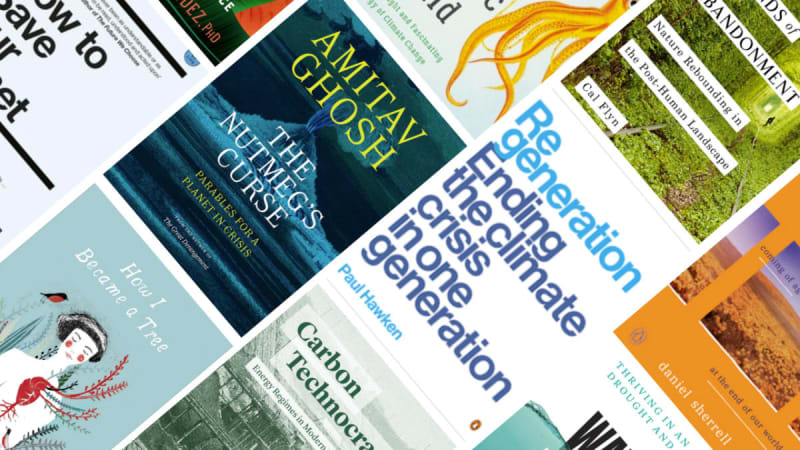
 The Nutmeg's Curse: Parables for a Planet in Crisis
The Nutmeg's Curse: Parables for a Planet in Crisis Regeneration: Ending the Climate Crisis in One Generation
Regeneration: Ending the Climate Crisis in One Generation 1,001 Voices on Climate Change: Everyday Stories of Flood, Fire, Drought, and Displacement from Around the World
1,001 Voices on Climate Change: Everyday Stories of Flood, Fire, Drought, and Displacement from Around the World Islands of Abandonment: Nature Rebounding in the Post-human Landscape
Islands of Abandonment: Nature Rebounding in the Post-human Landscape How I Became a Tree
How I Became a Tree How To Save Our Planet: The Facts
How To Save Our Planet: The Facts Warmth: Coming of Age at the End of Our World
Warmth: Coming of Age at the End of Our World Environmental Movements and Politics of the Asian Anthropocene
Environmental Movements and Politics of the Asian Anthropocene Water Always Wins: Thriving in an Age of Drought and Deluge
Water Always Wins: Thriving in an Age of Drought and Deluge Hurricane Lizards and Plastic Squid: The Fraught and Fascinating Biology of Climate Change
Hurricane Lizards and Plastic Squid: The Fraught and Fascinating Biology of Climate Change Carbon Technocracy: Energy Regimes in Modern East Asia
Carbon Technocracy: Energy Regimes in Modern East Asia Fresh Banana Leaves: Healing Indigenous Landscapes through Indigenous Science
Fresh Banana Leaves: Healing Indigenous Landscapes through Indigenous Science This is Vegan Propaganda
This is Vegan Propaganda The Intersectional Environmentalist: How to Dismantle Systems of Oppression to Protect People + Planet
The Intersectional Environmentalist: How to Dismantle Systems of Oppression to Protect People + Planet Entangled life: How Fungi Make Our Worlds
Entangled life: How Fungi Make Our Worlds I Contain Multitudes
I Contain Multitudes The Botany of Desire
The Botany of Desire Wilding: The Return of Nature to a British Farm
Wilding: The Return of Nature to a British Farm Braiding Sweetgrass: Indigenous Wisdom, Scientific Knowledge and the Teachings of Plants
Braiding Sweetgrass: Indigenous Wisdom, Scientific Knowledge and the Teachings of Plants Strangers: Essays on the Human and Nonhuman
Strangers: Essays on the Human and Nonhuman Nature's Colony: Empire, Nation and Environment in the Singapore Botanic Gardens
Nature's Colony: Empire, Nation and Environment in the Singapore Botanic Gardens Staying with the Trouble
Staying with the Trouble Being Ecological
Being Ecological Becoming Animal: An Earthly Cosmology
Becoming Animal: An Earthly Cosmology How to Do Nothing: Resisting the Attention Economy
How to Do Nothing: Resisting the Attention Economy